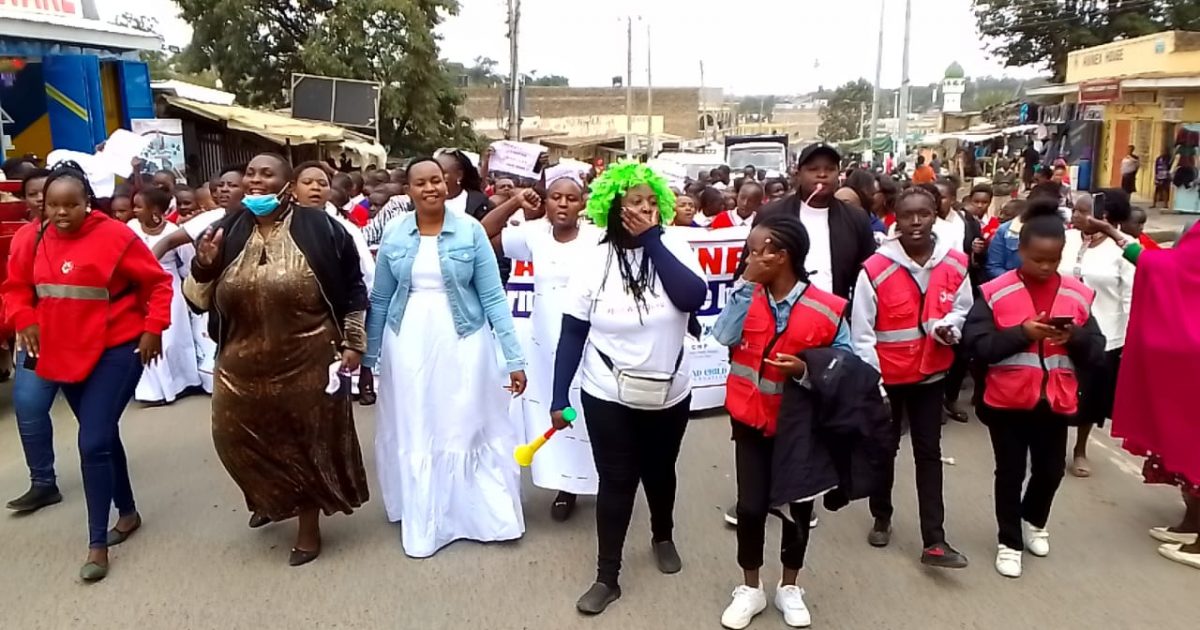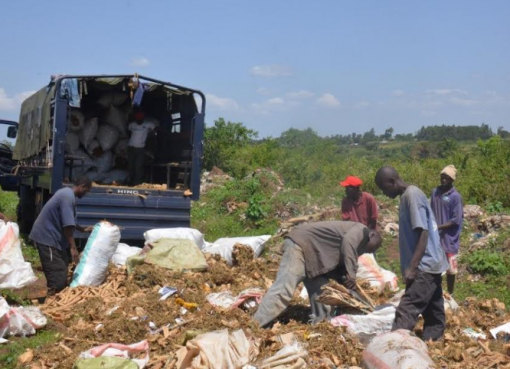The Narok County Government is collaborating with different stakeholders to sensitize the public to appreciate and normalize menstrual cycles by giving support to the girl child.
The county Governor’s wife Agnes Ntutu stressed that an informed society will support girls to lead a normal life and eliminate the stigma surrounding the menstrual process.
“There is a pressing need to address menstrual health as a priority because we understand that when women and girls face barriers in managing their periods, it impacts their education, health, productivity and ultimately their overall wellbeing,” he said.
She said the issue is not a concern of girls alone but also needs to engage boys to create a society that appreciates the whole concept of menstruation.
Mrs. Ntutu lamented that many girls have fallen pregnant after they were lured by men who buy them sanitary towels.
“Our county is position four on teenage pregnancy according to statistics from the Kenya Demographic Health Survey (KDHS). I believe that most of these girls are lured into sex by men who buy them sanitary towels as their parents are ignorant of providing such essential commodities to the girls,” she said.
The County First Lady said she will engage the governor in an effort of finding a way in which the county government will provide free sanitary towels to all school going children in the county.
She spoke at Masikonde primary school during the World Menstrual Day celebrations attended by officials from the department of Health, Education and a number of Civil Society Organizations (CSO).
“No girl should miss out on education or feel marginalized due to something as natural as menstruation,” she said.
To tackle these challenges, she said, the county has initiated a comprehensive menstrual health and hygiene programme that focuses on education and accessibility of equipment like clean toilets, sanitary pads and water.
A medic from the Narok County and Referral Hospital Mr. Torotich Sang reiterated that menstruation is a normal process to women in the reproductive process saying it is good for a woman to maintain hygiene when menstruating.
Sang encouraged girls to change a pad at least three times per day and wash hands before and after changing so as to keep cleanness.
The medic also reminded the girls to dispose of the sanitary towels appropriately in a closed container so as to ensure a clean environment.
This year’s theme was ‘Making Menstruation a normal fact of life by 2030.’
By Ann Salaton




